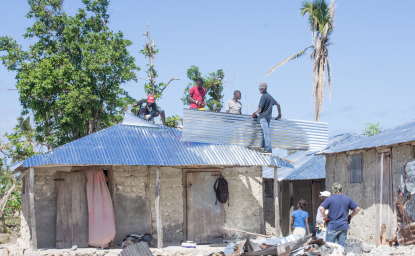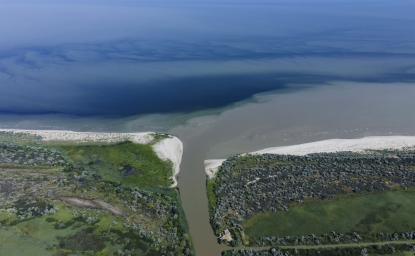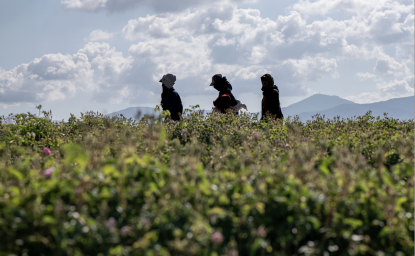Economic, Political Factors Increase Conflict Risk More Than Environmental, Demographic Ones, Argue Experts
MARCH 2009—New ECSP Report Article Finds Population Growth, Density Related to Conflict But Outweighed by Income, Stability
MARCH 2009—New ECSP Report Article Finds Population Growth, Density Related to Conflict But Outweighed by Income, Stability
In their new article, "Climate Change, Demography, Environmental Degradation, and Armed Conflict," Clionadh Raleigh and Henrik Urdal find that population growth and density are related to increased civil conflict, but that demographic and environmental factors are generally outweighed by political and economic ones. Therefore, they call for "paying greater attention to how resources are distributed and how political institutions create vulnerability to climate change."
"The GDP of a state
and political instability of a state have a much stronger effect on whether an area will see armed conflict than whether there was degradation or relative or absolute scarcity" of a natural resource, says Raleigh, a lecturer at Trinity College Dublin, in a short video preview now playing on ECSP's YouTube Channel. Raleigh and Urdal examined geo-referenced data from 1990 to 2004 to determine which variables had the strongest influence on civil conflict.
Raleigh, Urdal, and five other demographic experts analyze the links connecting population and environmental dynamics to conflict in a set of commentaries on New Directions in Demographic Security.
To join the conversation on demographic security, subscribe to the Demography & Security Listserv.

The Environmental Change and Security Program (ECSP) explores the connections between environmental change, health, and population dynamics and their links to conflict, human insecurity, and foreign policy. Read more



